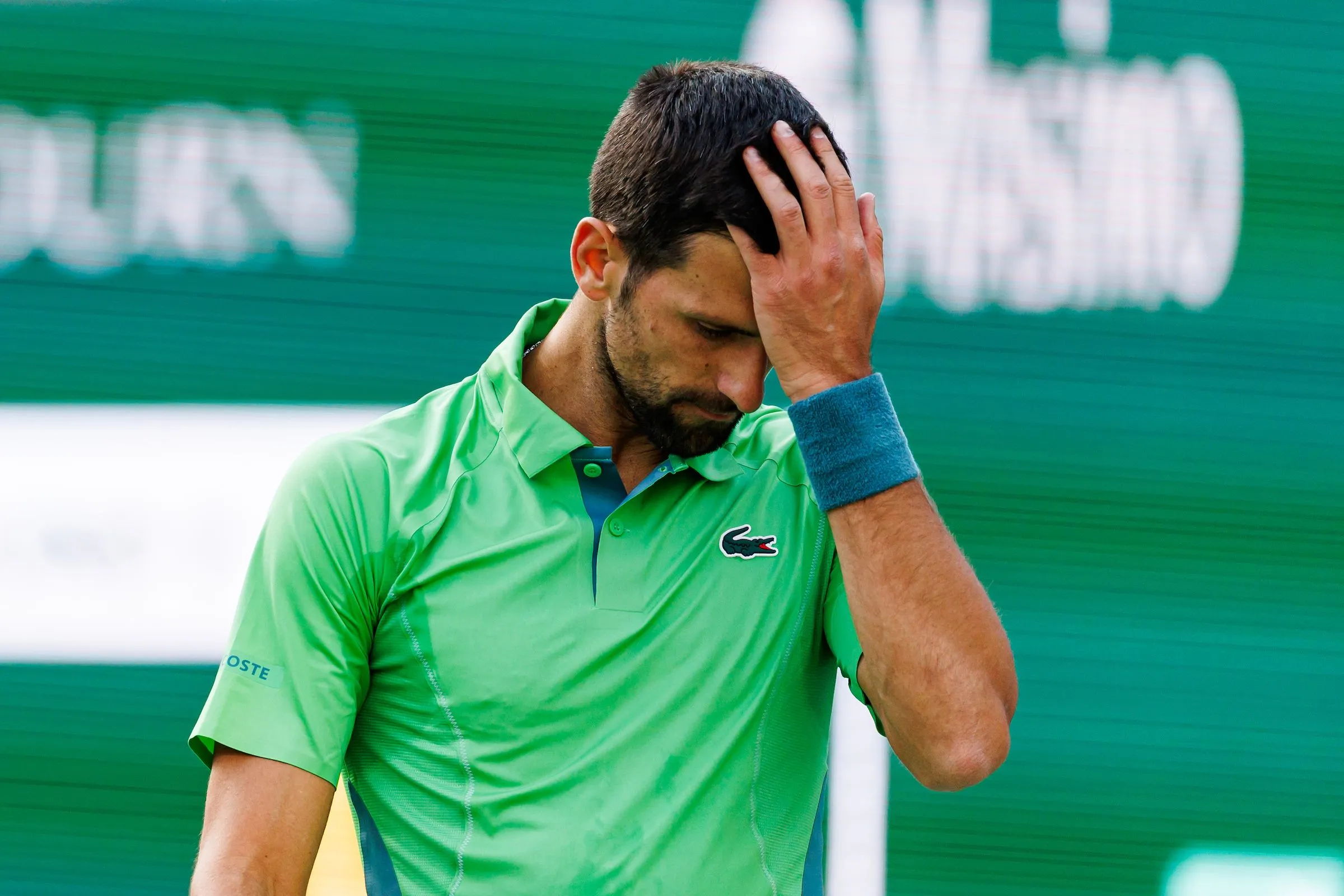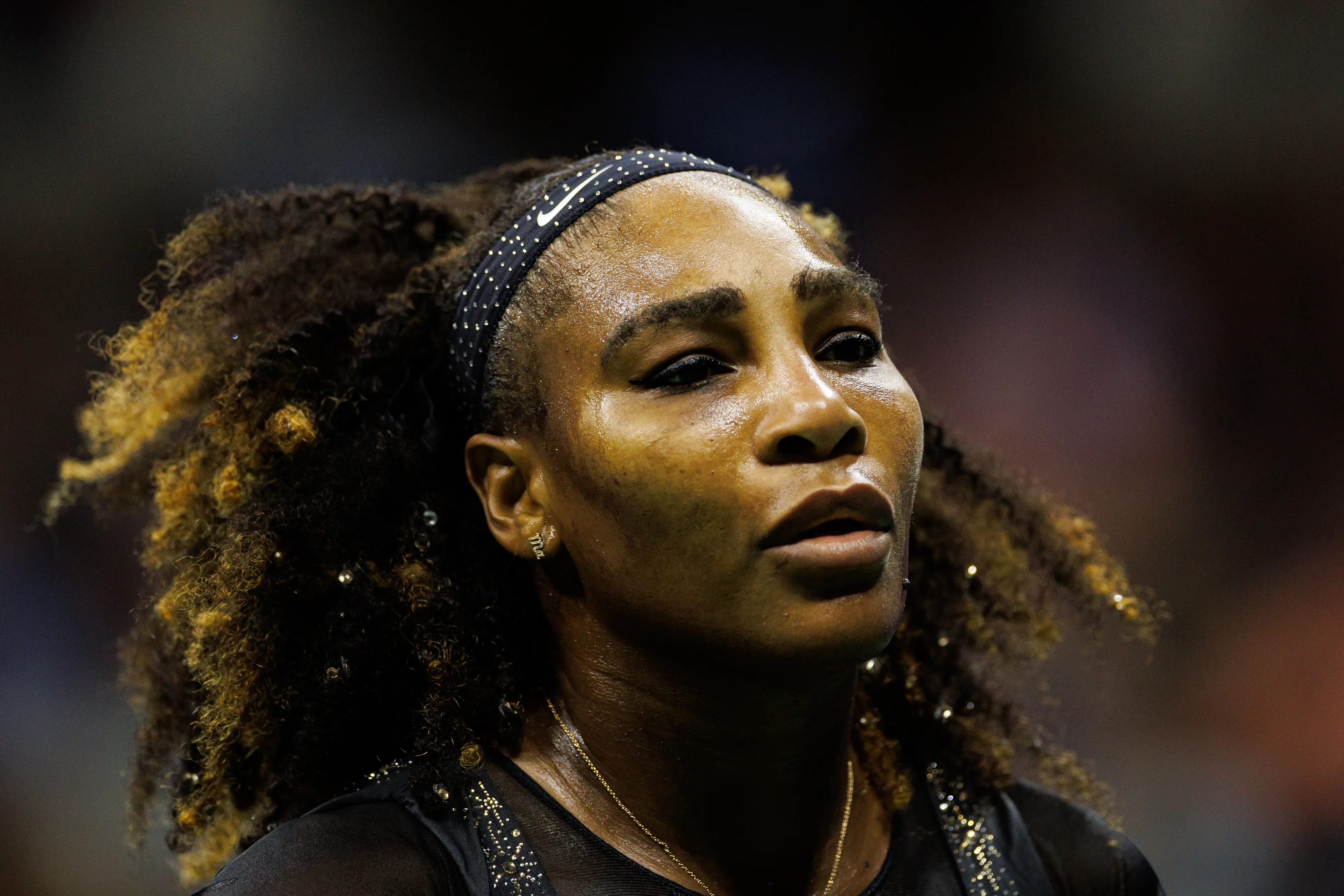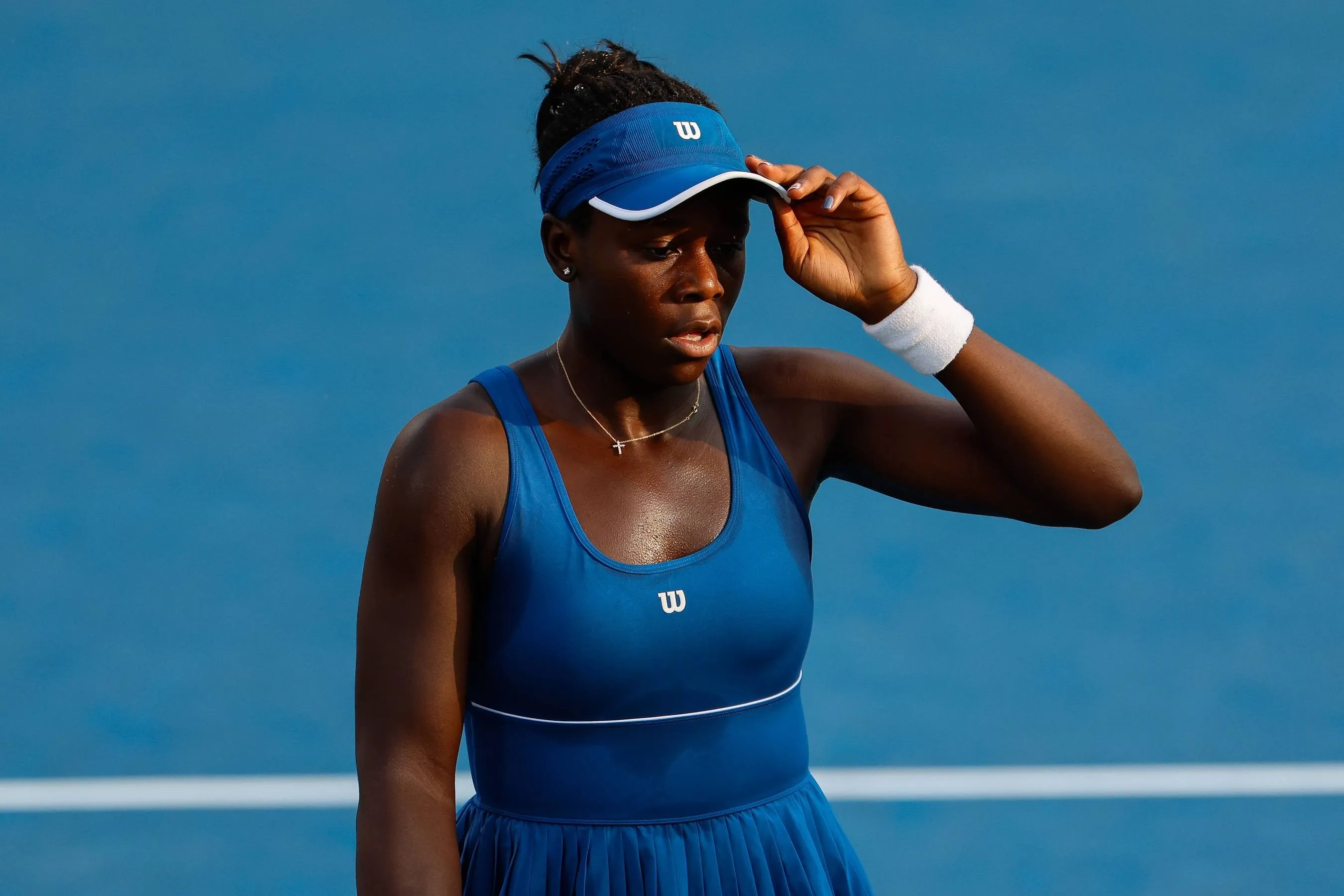Nadal Wins Practice Set Against Medvedev Ahead Of Marquee Zverev Clash
ATPFriday, 24 May 2024 at 13:00

Rafael Nadal is testing himself against the ATP's best, and he's beating them, at least on the practice courts.
Nadal is at Roland Garros, where he is building up for a massive fortnight. He is searching for a record-extending 15th title, which would take his Grand Slam count to 23.
However, many observers do not consider him a real threat in the draw. It's almost unthinkable to conclude that Nadal will not contend for the title in a tournament that has defined his legacy.
With 14 French Opens, including over 100 match wins at the event, the 37-year-old is an outsider, although his peers believe he is a favorite regardless of his form.
Nadal obviously cannot defy biology. Should he make it to the second week against all the odds, he'll be 38. But that's not the only limiting factor. He's in the worst form of his career on arrival in Paris, with just five clay-court wins since winning the 2022 edition.
Read also
Much of that is because of a lengthy injury hiatus in 2023 when he underwent hip surgery. It fastened his decline. He has since rejoined the tour but has not hit the highs of his yesteryears.
Having been handed a horror draw to begin his quest for an unprecedented 15th title, Nadal hit the practice courts for the second time this week, facing Daniil Medvedev. He had previously beaten Sebastian Korda earlier in the week.
The Russian doesn't quite stand out as a genuine clay-court player, but his credentials are solid. He won his first title on the surface in Rome last season, beating Alexander Zverev, Stefanos Tsitspas, and Holger Rune on his way to the title.
So, Nadal got a decent opponent to get his blood running again. A snippet of their practice set was posted on X (originally Twitter). The Spaniard reportedly won the set 6-3. He will play Zverev either on Monday or Tuesday in the pick of the first-round matches at the tournament.
Read also
Loading








